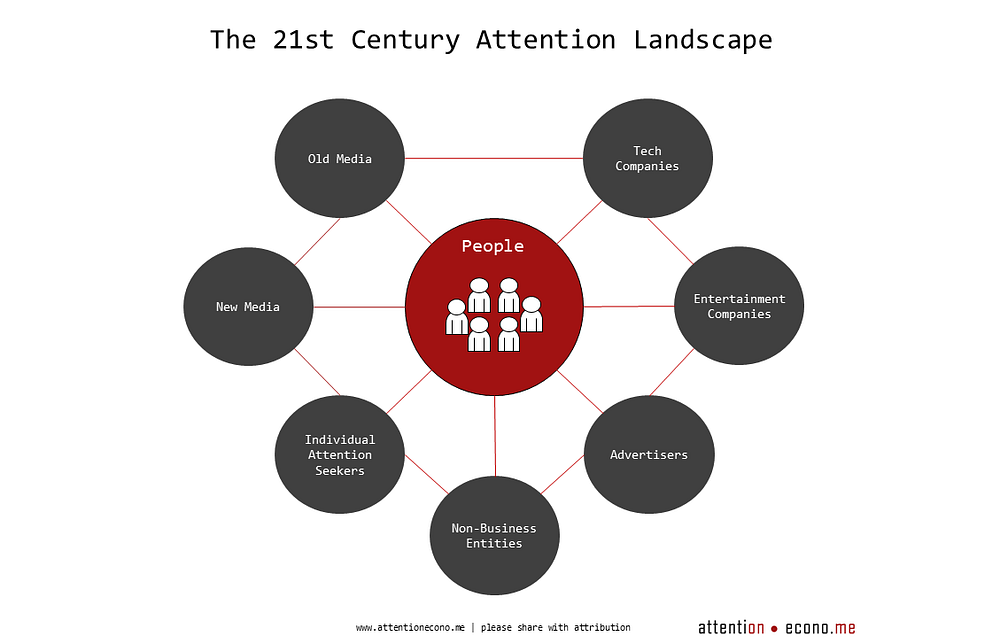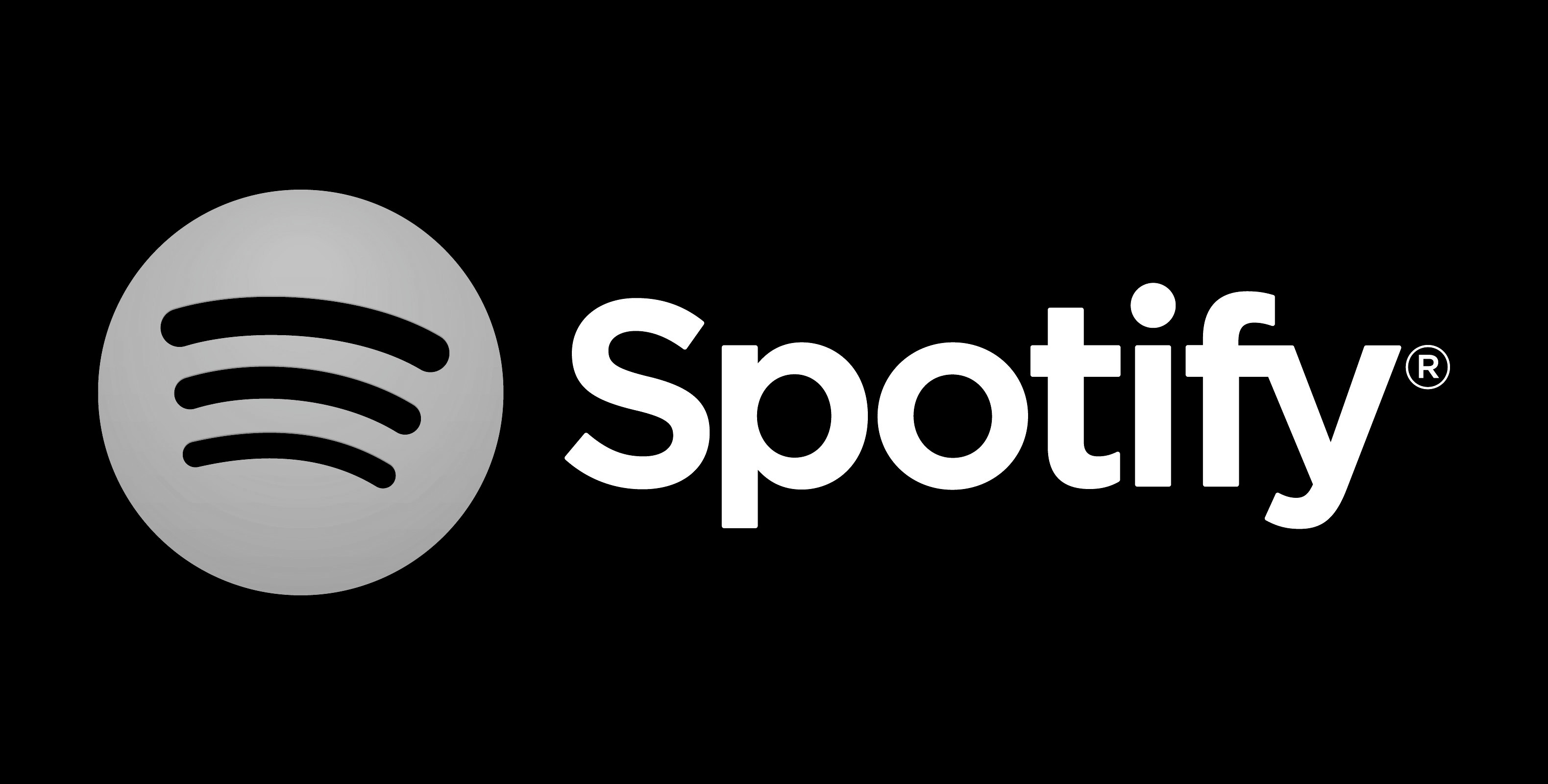I’m almost sorry to write about the music industry again. But you should keep reading, even if it isn’t your favorite subject. Technology plays a central role in the attention economy’s transformation we are witnessing these days. Thus, Spotify’s acqui-hire of a blockchain developer team isn’t only interesting with regards to the streaming industry. It also shines a light on a topic that has the potential to change the attention landscape’s power dynamic more broadly.
Spotify has acqui-hired Brooklyn-based Mediachain Labs, a group behind a blockchain open-source protocol to deliver a decentralized network for sharing data critical to getting creators paid. According to Spotify, the Mediachain team will aid their “journey towards a more fair, transparent and rewarding music industry for creators and rights owners.”
Mediachain was launched in 2016 with backing from Andreessen Horowitz and Union Square Ventures. Terms of the acquisition were not disclosed.
When applied to the music industry, blockchain technology resembles a secure-but-shared ledger that connects data “blocks” containing data about every song and its rights holders. The ledger is ownerless, with multiple participants able to contribute.
Those of you who are familiar with my work outside of attentionecono.me know that I have spent a lot of time thinking about decentralized systems. In that domain, blockchain technology is a very interesting topic. I wrote about it several times last year and did some podcasts as well (in German). Thus, the above is an interesting piece of news to me. But it also matters in the context of attentionecono.me.
If you haven’t researched the blockchain before, here’s a (rather) quick explanation from my piece The Company of the Future:
If you read up to this point I assume you are familiar with the basic concept of the blockchain. In case you’re not, I recommend you read this general introduction to blockchain technology and/or — if you like it even more technical — this explanation of the bitcoin protocol. Alternatively, the video below gives you a general idea in about 2 minutes:
For all the others, here is a very simplified explanation:
The blockchain is a set of technologies that enable secure transactions between users in a distributed peer-to-peer network. There is lot going on from encryption to incentive systems, clients and code (which, basically, functions as law [really, if you want to understand the details read the articles I linked to above]).
Most famously, the cryptocurrency bitcoin runs on a blockchain. But there are many more use cases. The abstracted idea behind it is called smart contracts. That is, the details of a contract between two (or more) parties are written into code which is verified by the network and executed automatically. Said contract is not limited to financial transactions. There are many experiments ranging from insurance to ride-hailing and even a blockchain-based nation.
What’s common among all of them is that the blockchain eliminates the need for trusted third parties. Regular currency is issued by central banks, important contracts are authenticated by notaries. On the blockchain, however, that task is delegated to the network (again: to understand the mechanic read the articles I recommended). The legitimacy of any transaction is ensured by the network and its fulfillment enforced by the code.
The last paragraph is why Spotify’s acquisition of the Mediachain Labs team matters. It wouldn’t be overly excessive to think about it as an attack on the labels’ business model. At the very least, the streaming company opened the door towards experimenting with models where rights aren’t handled by labels.
There are several functions which record labels handle in the music industry. One of the key ones is managing rights. Until recently, artists usually sold their rights to a label. It then collected royalties from different sources (streaming services, radio, public events, etc.), and distributed them among the creators (and, of course, taking a cut for their services).
In that sense, the labels are exactly what I called a trusted third party above. While the VC-backed Mediachain wasn’t overtly pushing for a future without such entities — its website talks, somewhat cryptically, about organizations as participants in their system — the philosophy is implicit in it being on the blockchain. Not being public about it is presumably just a (smart) business decision: being too aggressive in the face of powerful incumbents has killed many startups, including in music.
But look at the following paragraphs from Mediachain’s official announcement, and you will recognize how the lingo changes:
From inception, the mission of Mediachain Labs has been to build a more connected world for creators. Inspired by the disruptive technology behind Bitcoin, we set out to explore how the next generation of blockchains and open, peer-to-peer protocols would empower creators to better reach their audiences and earn a living.
Today we are excited to announce that Mediachain Labs, the core team behind the open source Mediachain protocol, has been acquired by Spotify to further the streaming leader’s journey towards a more fair, transparent and rewarding music industry for creators and rights owners.
Rights owners aren’t mentioned in the first paragraph but make an appearance in the second one. I assume it’s for the same reason Mediachain didn’t use the revolutionary language prominent around some blockchain circles in the first place: Never trouble trouble till trouble troubles you. Even though they weren’t overly vocal about it, the Mediachain team certainly didn’t set out to build just an easier royalty collection technology for the major labels. That’s hardly the business Andreessen Horowitz would invest in.
There is a caveat: Spotify didn’t buy the Mediachain technology (which will live on as open source) but “only” the core team behind it. We have no precise idea what they’ll be working on. Only some PR fluff. Which, to be sure, mentions indie artists and open data for artists but doesn’t speak about incremental technology improvements for royalty collection. While not impossible, I doubt the team joined Spotify in order to do the latter.
Let’s look at the deal from Spotify’s perspective. As I’ve written before, the streaming service’s best long-term scenario would be to own the music. The second best option is not having to deal with the labels, though not owning the music. This way, the company at least wouldn’t have to pay fortunes to the labels without turning a profit itself.
The second scenario is a world where entrepreneurial artists release and manage their work in DIY fashion. But for this model to become a mainstay among creators, it must develop into a profitable alternative to the label system. I wrote:
So, for artists to forgo major labels in big numbers, the digital music ecosystem must first prove capable of creating real success on a regular basis. If it does, artists might consider that path more frequently. If there is a reality where artists can keep the rights to their music and still reach a broad audience, they will definitely consider it.
One important component of such a future: a system that allows artists to earn royalty dollars from their music. This requires rights handling, particularly when music is accessed, not purchased. Which is certainly Spotify’s preferred future by virtue of its business model. The capabilities which the team it just acquired brings to the table, are precisely what’s needed to build such a system.
That Spotify’s official statement is rather subdued, only increases my impression that they are up to things. Yes, it fits in nicely with other recent developments regarding alternative licensing approaches (Deezer wants to test user centric licensing). Short-term the team might very well work on a system that allows for fairer distribution of royalties. Yet, there is the potential for a bigger story. Spotify would be stupid if they weren’t tight-lipped about it. But not at least exploring the other scenario would be a foregone opportunity.
The broader takeaway is that the internet still hasn’t unfolded it’s full (disruptive) potential. In the earlier days of the web, the prominent idea was that it would cut the middleman. The reality, at least so far, is a different one: It allowed some new middlemen to replace old ones.
There is a deeper underlying reason for it: From a system design perspective — which includes business models — most things built on the internet didn’t fully accommodate its nature of being a network. To this day, networks are a new paradigm; designing networked systems requires a different mode of thinking than centralized systems. Thus, we have platforms, which make use of networks to a degree, but we only have few real value distribution networks.
The blockchain, as overhyped as it may be in its current iteration, is interesting for that very reason: at it’s core, the technology allows to build decentralized systems — making use of the networked world the internet created — that enable entirely new solutions to old problems, including value distribution.
Large parts of the attention economy are built on rights ownership.

Being the rights owner is a profitable position. I see no reason why that would change in the future. Yet, who that owner is might change. Due to the complexities involved in handling rights, particularly at a global scale, it was a natural development that large organizations formed around this capability. The blockchain, however, enables different scenarios in which technology & networks serve the same purpose as these organizations.
Trying to replace them is playing the long game. But we can be confident that many will try to challenge the status-quo. I assume that Spotify just joined them.


